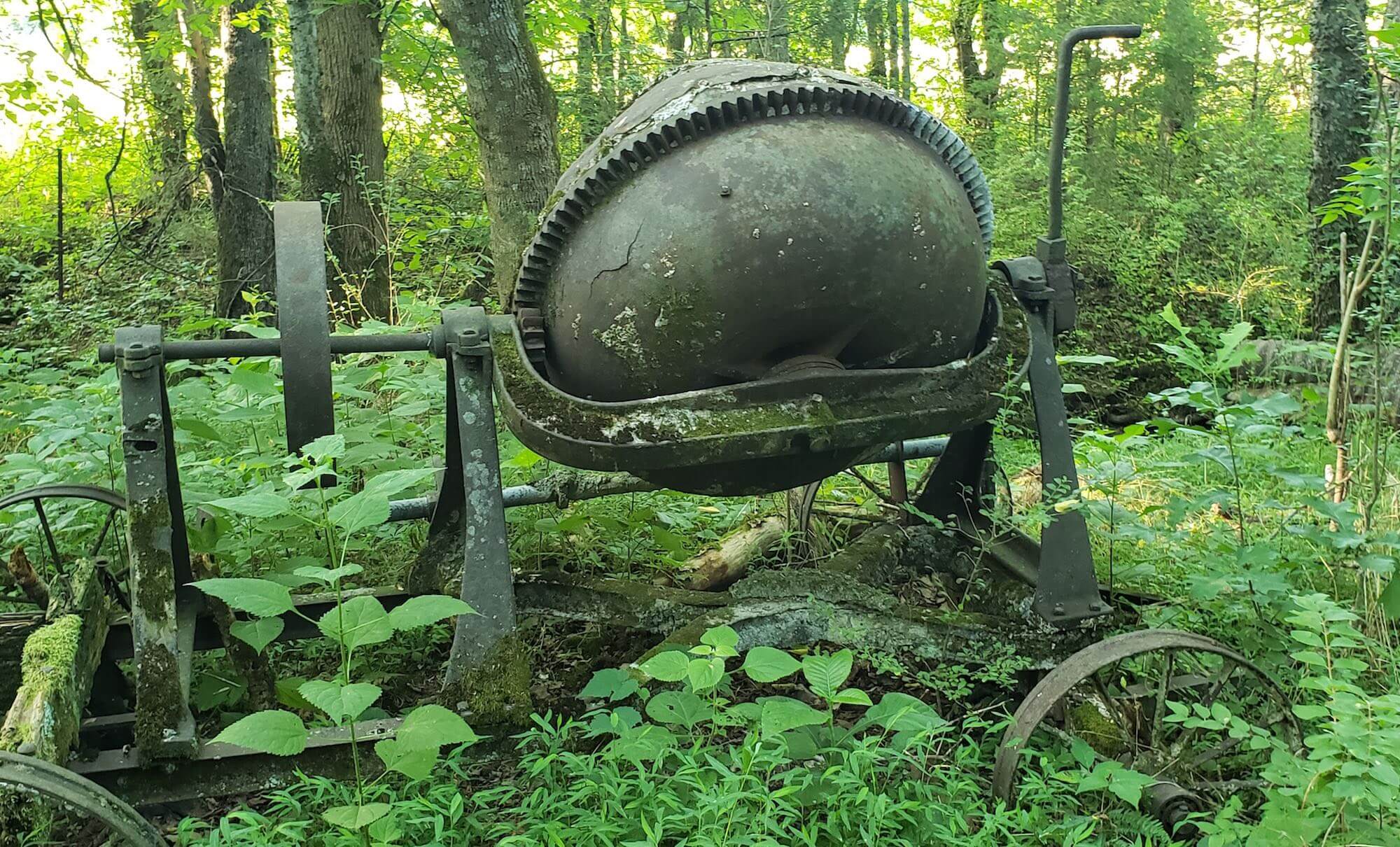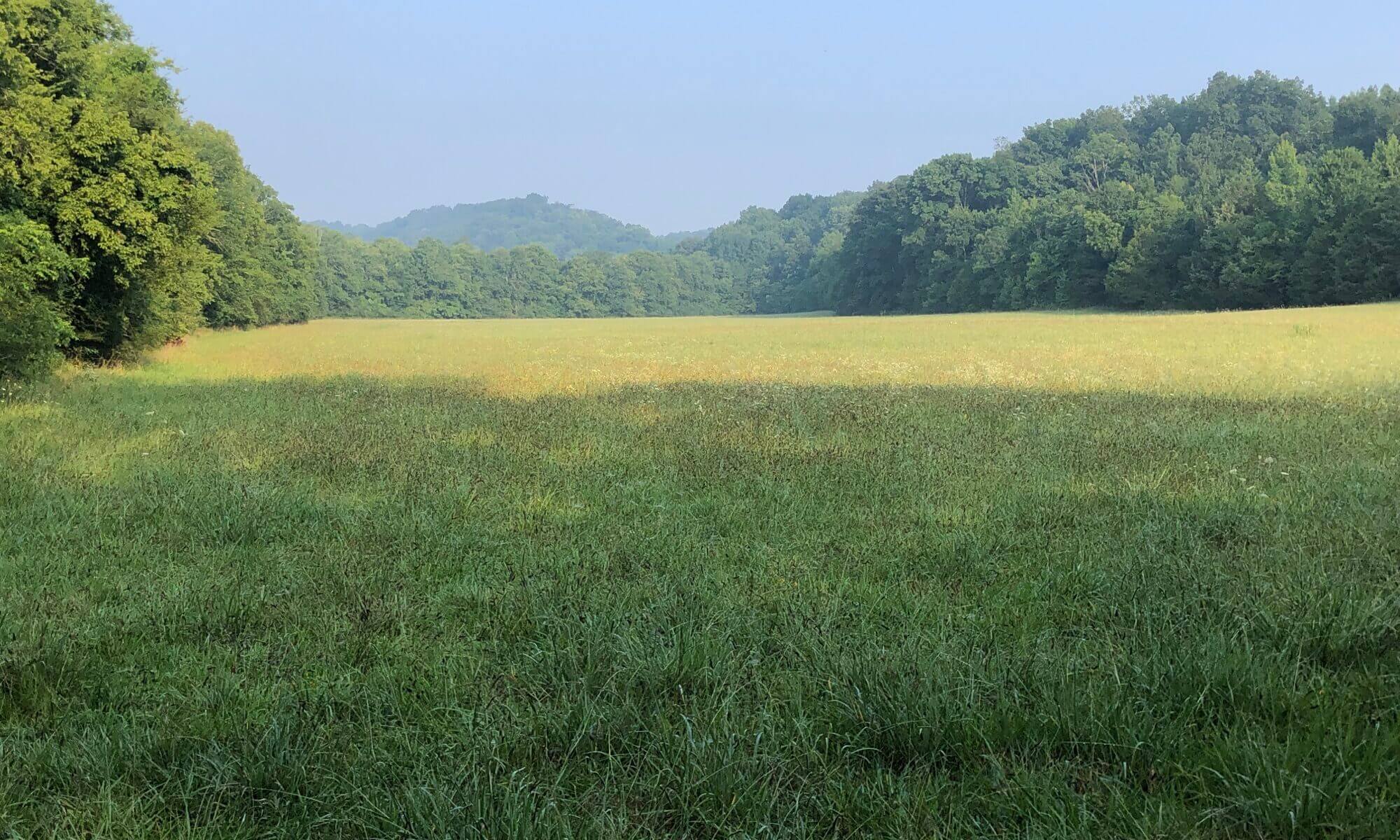Down on the Farm
I’ve been gardening in Tennessee for most of my life now and I am often asked how we grow food and flowers here without pesticides and other chemicals. I’ve been an advocate of organic methods for years and I try to get better at living that way all the time. But one thing that often strikes me about these conversations is that there seems to be a general perception that ideas like companion planting, making compost, collecting rainwater, etc. are new ones.
Growing up in rural Tennessee in the 70s, we did all those things. They were practices that my mother taught me and her parents had taught her, and their parents had taught them. Even when I was a teenager, our family didn’t have access to bagged potting soil and mulch, power tools, or modern pesticides and fungicides. Those conveniences were just plain expensive. So instead we pushed around our wheelbarrows of aged manure, compost and leaf mould to improve the soil, mulched when we had leaves or straw to use, and hoed the weeds that came up when we didn’t. Most of the time we handpicked any bugs that were eating our vegetables. Sevin dust was available at the co-op, but we avoided using it because we felt it must be bad for the butterflies and bees. We knew we needed those to pollinate our fruit trees. We harvested our produce by hand, cooked it, canned it, or froze it, and then saved the seeds of cherished varieties to keep them going.
It was a lot of work, but I remember it fondly, because time spent shelling peas or shucking corn was also family time. I guess it was not so very different from the techniques people had used for centuries here to grow food to eat and flowers to enjoy, in the years before Home Depot, Walmart or Amazon.
So, what we’re doing at the farm is not so much trying something new, as it is returning to something older. We’re using the resources we have there already, or that we can get locally for free.
Even though we’ve got a lot to do before the distillery can open its doors, you can already see these ideas slowly taking shape all over the farm. We could have torn down Papa’s old workshop, but instead we’re going to renovate it and use it as our headquarters. The old trench silo will have a new life as our barrel storage house. We’re restoring the spring house to its bygone glory. The trees that have fallen down over the years will now decompose in our permaculture beds, nourishing the farm’s clay soil for our botanicals. To reduce how much we have to mow, we’re planting a wildflower meadow in the orchard. In a few years, we hope we can just mow the paths and leave the rest tall. And so on and so forth.
We realize we won’t always be able to accomplish everything we want in the way we want to, and many of our projects are going to take even longer to complete than they would if we just did the convenient thing. But these are our guiding principles. And that’s why the projects I mentioned are already underway. Because, when it comes to making a long-term change, there’s no time to start like the present.
We’re mindful of that present and we’re looking forward to the future, but we’re also turning to the past for inspiration and wisdom, when people lived on their own land, within their own means, and bartered or bought the things they couldn’t produce themselves from neighboring farms and craftspeople. No matter how many mistakes our ancestors may have made in life, no matter how many things they got wrong, there are quite a few things they got right. And we’re here to celebrate that.

